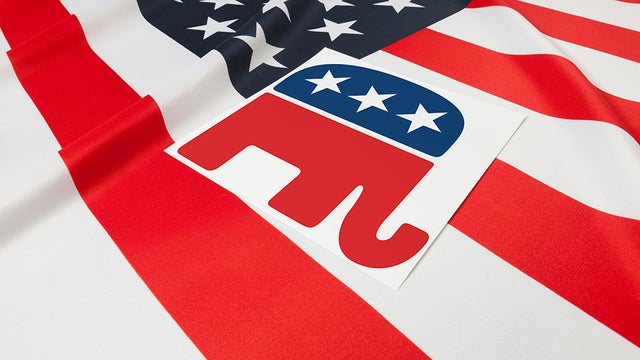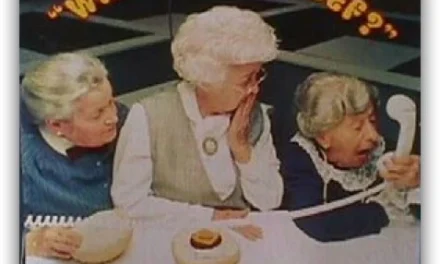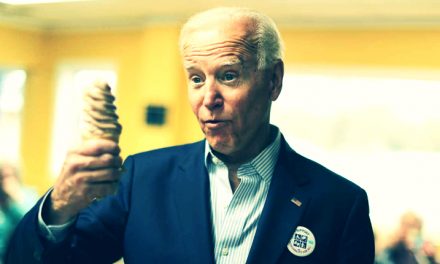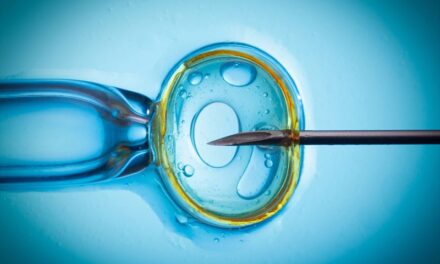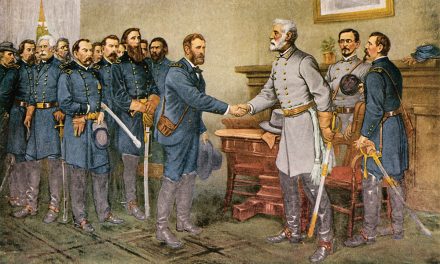Image Credits: iStock.
In recent years, I’ve seen a decent amount of research that suggests that conservatives are more attuned to danger than liberals. We don’t have to put this in negative terms by calling them scaredy-cats or cowards. If there were not some utility to being wired this way, it wouldn’t be a common psychological trait. Any group of humans can benefit from folks who don’t take threats lightly even if this sometimes results in needless alarmism. Here’s an example of what I’m talking about from a 2012 article in Scientific American:
According to the experts who study political leanings, liberals and conservatives do not just see things differently. They are different—in their personalities and even their unconscious reactions to the world around them. For example, in a study published in January, a team led by psychologist Michael Dodd and political scientist John Hibbing of the University of Nebraska–Lincoln found that when viewing a collage of photographs, conservatives’ eyes unconsciously lingered 15 percent longer on repellent images, such as car wrecks and excrement—suggesting that conservatives are more attuned than liberals to assessing potential threats.
A 2008 study published in Science said much the same thing:
…conservatives have a stronger physiological response to startling noises and graphic images. This adds to a growing body of research that indicates a hypersensitivity to threat—a hallmark of anxiety. But why exactly would those who scare more easily tend to support conservative views?
One social psychologist from the University of Central Arkansas, Paul Nail, has a pretty interesting answer: “Conservatism, apparently, helps to protect people against some of the natural difficulties of living. The fact is we don’t live in a completely safe world. Things can and do go wrong. But if I can impose this order on it by my worldview, I can keep my anxiety to a manageable level.” This could explain the two parties’ different stances on gun control. It makes sense that those who startle more easily are also the ones that believe they need to own a gun.
Based on this, we should expect conservatives to have a stronger reaction to the coronavirus threat than liberals, but a recent NBC News/Wall Street Journal poll finds the opposite is true. The results, which were gathered prior to President Trump declaring a national emergency, show that 79 percent of Democrats think the worst is yet to come with this pandemic, but only 40 percent of Republicans feel that way. Sixty-one percent of Democrats support closing down large gatherings, while only 30 percent of Republicans agree. Only 23 percent of Republicans are willing to cancel or reschedule travel plans, and only 12 percent plan to stop eating out at restaurants. The numbers for Democrats are 47 and 36 percent.
The explanation isn’t hard to find. Republicans believed President Trump when he said this wasn’t a serious crisis and that it was being hyped by the “fake” media and his political enemies to make him look bad and hurt his chances of being reelected.
However, the president isn’t saying this anymore. It’s true that he’s still complaining about the news coverage, but he now recognizes that he’s got a major problem on his hands. Perhaps he will be partially successful in keeping the anxiety level low with conservatives by issuing more happy-talk about how the stock market is happy and his response is great and this pandemic will quickly pass, but those statements will be severely tested by reality in the coming months. Eventually, it’s likely that conservatives will revert to their normal pattern of being the most panicked portion of the population.
This will happen at rapid speed if Trump blazes the path in an effort to deflect blame by finding scapegoats. It’s a process he may find necessary to prevent a loss of credibility with his base. If they start to freak out and stop responding to his reassurances, he can keep his hold on them by leading them on to greater heights of hysteria.
So, keep your eye out for this flip of the switch. Conservatives may seem blasé now, but it’s unlikely to last. Before long, they’ll be the ones suffering from the most anxiety and Trump will stoke their fear as much as he can in an effort to keep his job.

